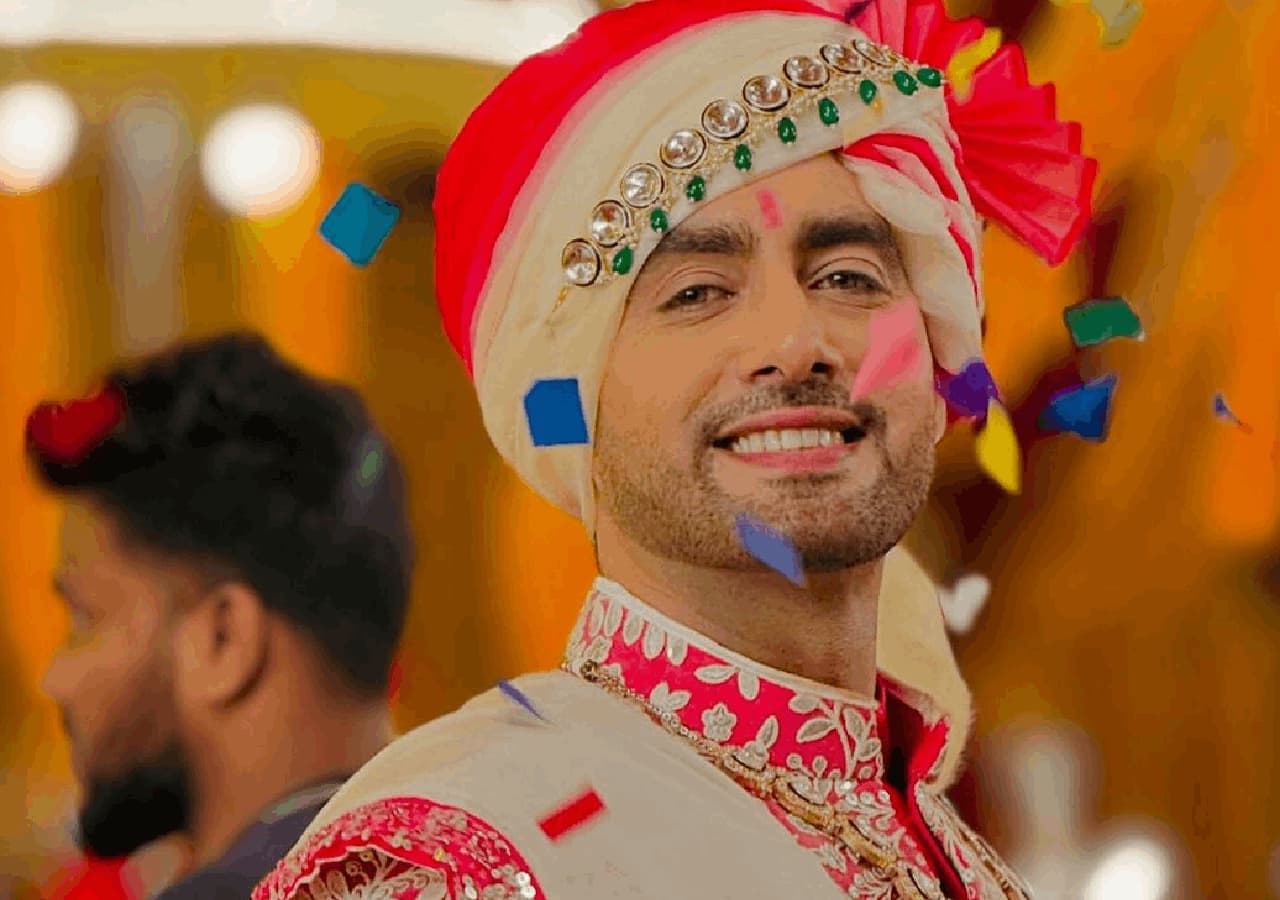WIMBLEDON — Novak Djokovic and Carlos Alcaraz are at opposite ends of their careers.
One has dominated tennis for huge chunks of the past 15 years. The other is just getting started. One has accomplished just about everything possible in the sport. The other is at the beginning of what is likely to be a two-decade mission to accomplish even more.
There is also one big way in which they are eerily similar. They are both so much better than nearly everybody else, that they often draw motivation from something more than winning another match or another title. They embark on quests that few other players can even consider.
Sometimes they are small ones.
On the verge of two set points, with every option available to him, Alcaraz tried to hit an ill-advised drop smash in his semifinal win over Daniil Medvedev on Friday. It didn’t work — the ball bounced in front of the net on his side of the court — but attempting that shot, and so many other trick shots like it, is one of Alcaraz’s strategies for staying present.
Djokovic will pick out spectators — or even a whole stadium of them — who are pulling for his opponent, like he did in the dying moments of his win over Lorenzo Musetti on the same day. He turns them into an avatar for the collective enemies he has overcome so many times throughout his career, before feeding off their perceived assault on his character.
On Sunday, Djokovic and Alcaraz will come onto Centre Court for their second consecutive Wimbledon final with two more duelling quests, both of which are bigger than those aforementioned. They are also borderline absurd.
Alcaraz beat Djokovic in last year’s final in five sets (Charlotte Wilson/Offside via Getty Images)
Alcaraz won the French Open five weeks ago. On Sunday he can become one of a handful of players — all of them all-time greats — to win on the clay of Roland Garros one month and on the grass of Wimbledon the next.
The Spaniard has a long way to go to catch up to Djokovic, but winning on Sunday would put him into the very exclusive French Open-Wimbledon double club.
Its members could fit around an average-sized dining room table.
Rod Laver managed it once in the modern era of tennis, which began in 1968. Bjorn Borg did it three times. Rafael Nadal did it twice. Roger Federer and Djokovic each did it once. That’s it for the men.
Among the women, Margaret Court and Chris Evert did it once. Martina Navratilova did it twice. So did Serena Williams. Steffi Graf did it four times. That’s it.
Plenty of players say it is the toughest task in tennis, maybe among the toughest in any sport. It requires mastering the attrition of high-bouncing balls while navigating the closest thing that tennis has to playing on quicksand, before quickly pivoting to mastery of not quite an ice rink, but a slick, soft surface on which the ball sometimes barely rises above the blades of grass.

Alcaraz’s first French Open came five weeks ago (Emmanuel Dunand/AFP via Getty Images)
“It’s difficult, I’m not going to lie, switching from clay to grass,” Alcaraz said after he beat No. 5 seed Medvedev in four sets Friday, 6-7, 6-3, 6-4, 6-4.
“There’s no secret. As I say many times, you have to put in hours, you have to put in work and trust that it’s going to be better.”

GO DEEPER
‘Joy in the suffering’: How Carlos Alcaraz won the French Open
Djokovic is on an altogether different sort of quest that he never would have chosen.
On June 5, 25 days before the start of the tournament, Djokovic had surgery on a torn medial meniscus in his right knee. Pretty much everyone told him that even thinking about competing for an eighth Wimbledon singles title, which would be the 25th of his career, would have to wait. That he shouldn’t get his hopes up. That the Olympic Games are waiting in late July, so winning the gold medal that has so far eluded him should be his main priority for the season.
Djokovic relishes nothing more than a challenge, especially when it involves Wimbledon, his favorite tournament. Even more so when it involves doing something no one has ever done.
“I wanted to see how fast can I really recover,” he said on the eve of the tournament. “Can I really be in a condition to compete best-of-five on grass with the best players in the world?” These are the things that get the most accomplished player of the modern era out of bed in the morning. He has checked off just about every other box.

Djokovic has slowly revved his kee up to 100 percent through the tournament (Ben Stansall/AFP via Getty Images)
How hard is the shift from grass to clay?
“Usually the first tournament I play on grass, I cannot hit a forehand,” Medvedev said after Friday’s loss to Alcaraz.
“It’s so fast. It’s sliding through the court. Where on clay, it’s bouncing high. It’s completely different.”
Dominic Thiem, a two-time French Open finalist, recently told The Athletic that he was amazed at how Djokovic, Federer and Nadal could follow up a strong French Open with a deep run, or even a title, at Wimbledon. After his two finals, he retired in the first round one year and lost his first match in the other. “The tank was empty,” he said
Even Alcaraz struggled to adapt last month, during his first grass-court tournament of the year at Queen’s Club in London. He beat Francisco Cerundolo, a clay court standout going through the same transition, then lost handily to Jack Draper of Britain. (A few days of celebrating his maiden French Open title in Ibiza might have had something to do with it.)

Alcaraz and Djokovic side-by-side on the Wimbledon practice courts (Andrej Isakovic/AFP via Getty Images)
He considered going home after the loss at Queen’s, but decided instead to stay in London and practice on grass day after day, with any top player not otherwise occupied.
“I decided to stay there (after losing) because I need hours on grass just to be better, to try to feel as comfortable as I can,” he said. “There’s no secret.”
By the time he faced Tommy Paul in the quarterfinals, Alcaraz was floating around the court, taking balls early, crushing them into the far corners and skipping them off the lines. Alcaraz felt so comfortable that he later said he felt like he was playing on clay, the surface that he grew up on in Spain.
“It didn’t feel super clay court-y to me,” Paul said. “It wasn’t a fun situation.”
“The way he has moved and played on grass the last couple years has been amazing to watch,” Djokovic said of Alcaraz. “He’s got skills to play equally on any surface and to adapt to any opponent on a particular day.”
These days, and for a long time now, Djokovic isn’t having fun unless he is overcoming his naysayers. His knee injury created a whole new collection of them, as well as others who thought he had lost his mind, including a few in his inner circle.
He had plenty of doubts himself. Arriving in London eight days before the tournament, he had no idea whether he would be a part of it, and he didn’t make a decision until the day of the draw, 72 hours before the first point at the All England Club.
Two weeks later, few doubters remain. Musetti, who said he didn’t even consider that Djokovic’s movement might be limited, certainly isn’t one of them.
“I never thought about that he was struggling on the movements,” said the Italian No 25 seed, after losing in straight sets but feeling good about his efforts.

Djokovic brought out the violin celebration, which he says is for his daughter Tara, after beating Musetti (Julian Finney/Getty Images)
He watched Djokovic play his matches last week, then factored in the extra rest he received when his quarterfinal opponent, Alex de Minaur, pulled out with a hip injury. He expected something very close to Djokovic in full flight, and that’s what he got, even as Djokovic played in the gray brace he has worn around his right knee in each match.
The seven-time champion at the All England Club said he made an extra effort not to miss Wimbledon, at a time in his life when he likely doesn’t have many left.
In the first two matches, he said, he wasn’t thinking about trying to compete for a title. He was more focused on how well he was moving, while trying not to injure himself. Those days seem long ago now that another championship is on the line. He insists he was not reckless, and that he did not violate any medical advice. He just worked really hard to get where he wanted to be.
There is one match left. May the best quest win.
(Top photo: Julian Finney/Getty Images)






